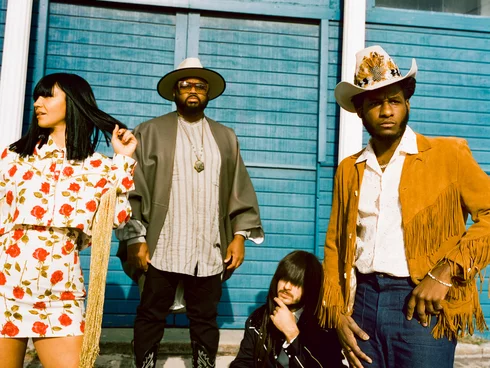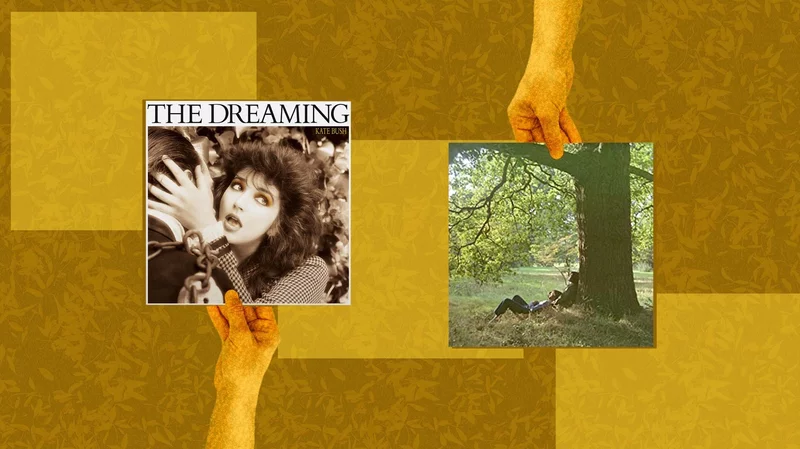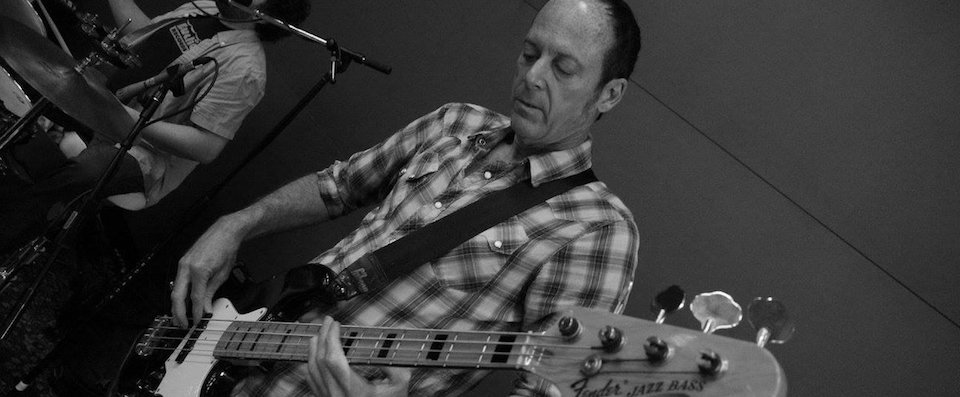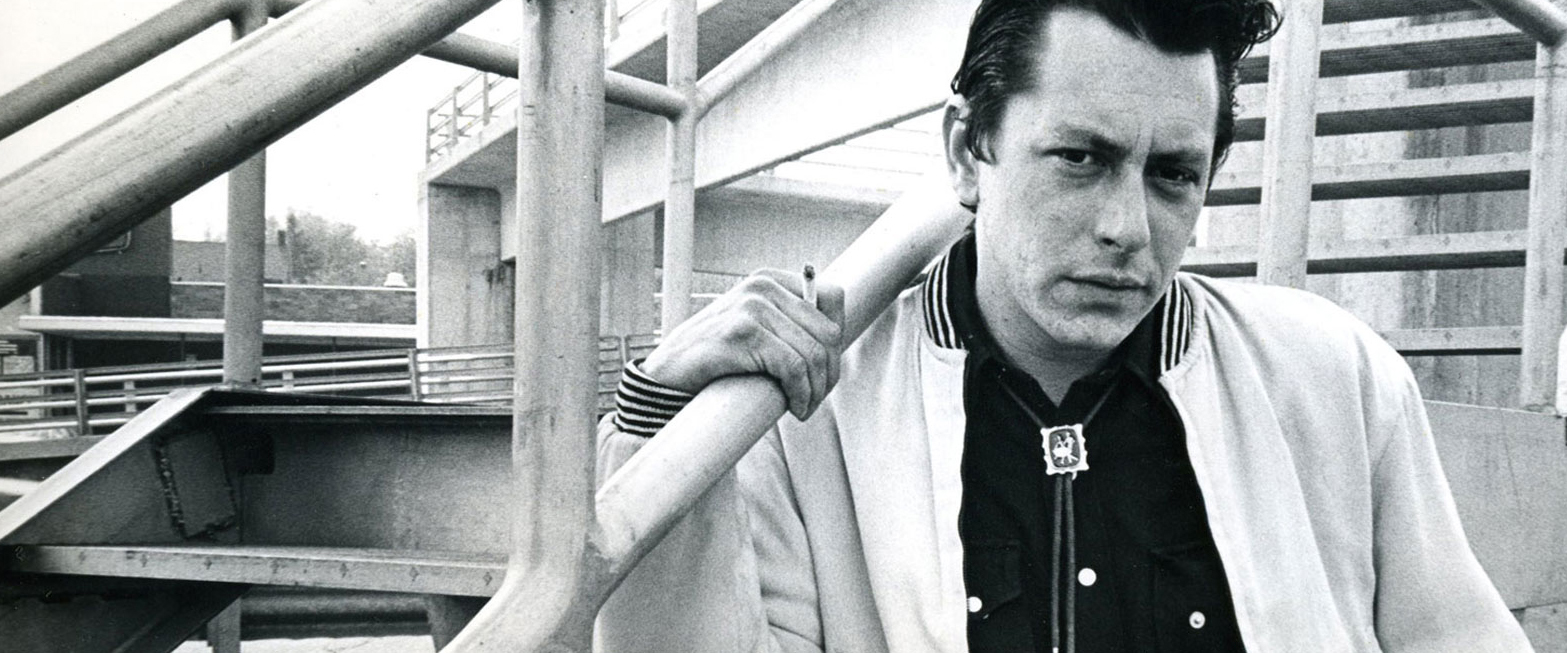On February 18, Leon Bridges and rock band Khruangbin release the EP Texas Moon, their second homage to the state both musical acts call home. (Pooneh Ghana/Courtesy of the artist)
NPR | By KELSEY SNELL and ISABELLA GOMEZ SARMIENTO
Originally published February 13, 2022 at 9:31 AM ET
An endless stretch of Texas highway on a hot day; moonlit car rides with a secret lover.
These are some of the images invoked on Texas Sun, the first collaborative EP between soul and R&B musician Leon Bridges and psychedelic trio Khruangbin.
On February 18, they debut their second homage to the state both musical acts call home — this time a more introspective, spiritually-driven journey through the darker underworld of the “Lone Star” state.
Bridges and Mark Speer, guitarist for Khruangbin, spoke to NPR’s Kelsey Snell about the upcoming release of Texas Moon.
This interview has been edited for length and clarity.
On what makes the music of their home state special:
Mark Speer: I think it comes from all the different peoples that have called Texas home over the past millennia. From the “discovery” of the “New World” by Columbus until now, we’ve been with at least six different flags flying over [Texas]. And prior to that, you had a lot of Native American tribes and they have their own styles of music that have been echoing through what we do since then.
Leon Bridges: You know, Texas music is such a wide spectrum. We like to focus on the country and blues side of it. And I think for me as an artist, I try to find [the] unprecedented territory within R&B music. We’re pretty much just trying to cultivate our own sound that’s unique to Texas. We’re kind of able to redefine how people perceive Texas music — if Erykah Badu can do her thing, and Megan Thee Stallion can do her thing, this is our contribution to Texas music, in a way.
On what spurred the collaboration between the two musical acts:
M.S.: I think it was just that we really love Leon. We love hanging out with Leon, and we were on the road with him for a good while a couple of years back. And that’s really where we connected with him. [It] was just wanting to explore working with a vocalist and trying a new sound and a new instrument in the mix. It sometimes can be a challenge, as a guitar player who’s used to playing the lead melody, to step aside and support Leon and make the song work, because that’s really the point.
L.B.: I discovered [Khruangbin’s] music on a video shoot. We were on our way to another location, and one of the guys played their music. It was just one of those things — hearing it, I felt compelled to just sing melodies and lyrics over their songs. There was one night in Montana, Laura [Lee, bassist of Khruangbin] sent me a song that they had been working on and writing right before I got on stage. I wrote a couple lyrics and a couple melodies to it, and that’s kind of what sparked our collaboration. Awesome guitar loops.
M.S.: Awesome guitar loops! [Laughs]
L.B.: The chemistry was just perfect, you know? There’s that Fort Worth and Houston connection, and I think that’s how we all gravitated towards each other.
On coming together to craft the EP’s most personal song, “Doris”:
L.B.: I wanted to write this song from my father’s perspective and his final moments with my grandmother as she was transitioning to the other side. I wanted to carry on her legacy in that tune. And, you know, being from Texas, I personally gravitate towards kind of slow and deep R&B music. If you told me to sit down with the guitar and write a fast song, I’d have a hard time doing that.
M.S.: My job in the band is in service to the song. We have a thing in the studio — nothing is sacred except for the song, right? So it doesn’t matter how long you took on whatever part — if it doesn’t bring something into the song and make it better, then it’s just not staying. And the more space you leave in the music, the more space there is for the spirit to be there.
On revisiting their gospel roots and how it’s shaped their creative process:
L.B.: I never sang in church, but I got to a certain point in my life where I had a spiritual awakening, and I was focused on the path of serving God. And around that same time, I fell in love with guitar and writing, and I just was kind of thinking, “Damn, the landscape of gospel music is kind of corny.” So I wanted to write my own taste for gospel music. I remember sitting down with a homie and I was like, “Can you write down a list of some progressive R&B artists?” And he wrote down Frank Ocean and Miguel on that, and I went down the rabbit [hole] of their music. That definitely shaped me in a way.
M.S.: I started playing gospel — jeez, I guess at the end of the ’90s. I was playing bass at the time, and if I didn’t know the song, I would watch the organ player’s feet. They were very kind to me. As far as developing within that music, I can see where Leon’s coming from — a lot of it can be kind of corny. It’s almost like cut and paste; it’s an onslaught of riffs for no reason. Unfortunately, there’s a large amount of that. But the really good stuff, the good stuff will move you to tears.
L.B.: I think [the song] “Father, Father” reflects that — you know, that kind of struggle with our faith is part of the human experience in a way. And we wanted to tell my angle of that.
M.S.: Yeah, I agree. I love that song. It’s like a mantra. He’s got this conversation going between him and the father, and dude, that’s the other thing about religious music and about this kind of liturgical music — is it metaphoric? Is it literal? There’s a lot of openness for interpretation inside of scripture, and that’s kind of what makes it awesome. I like the mystery of it.



